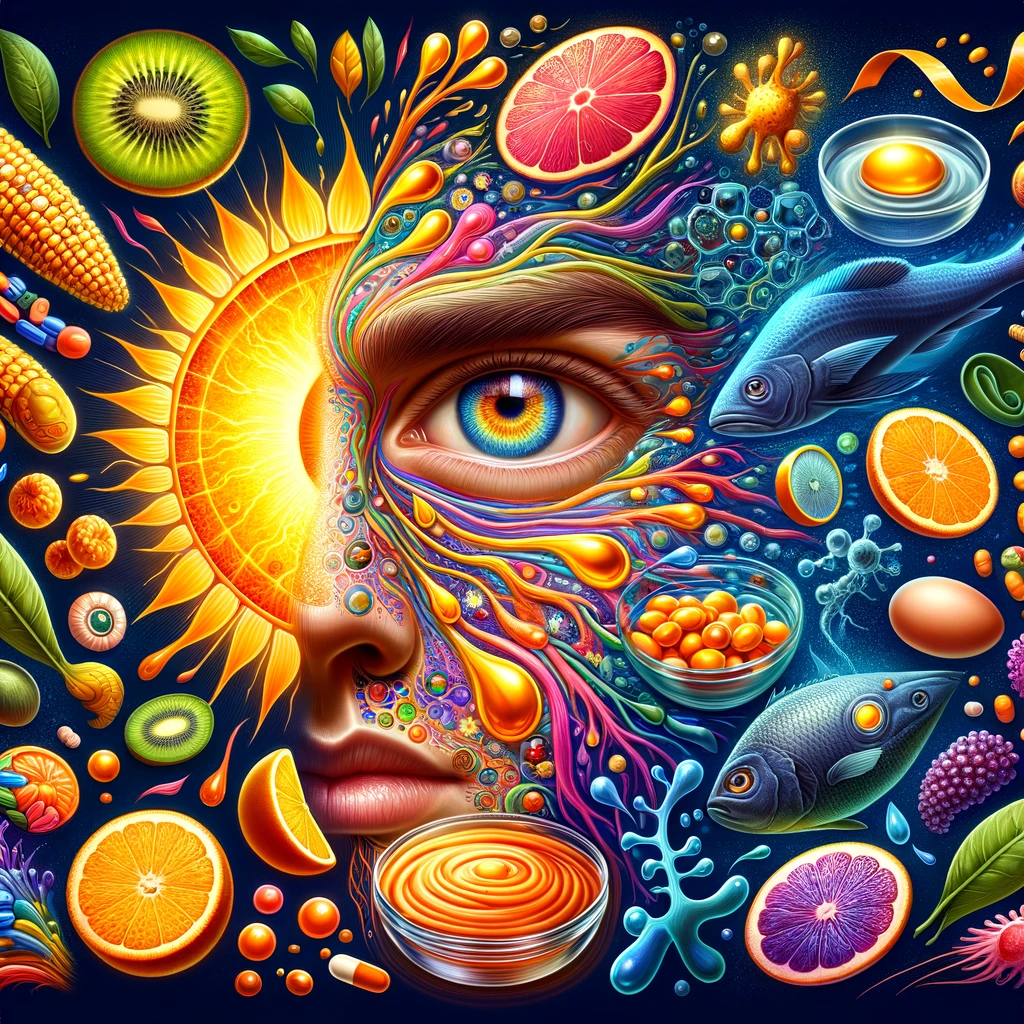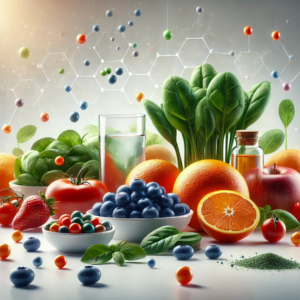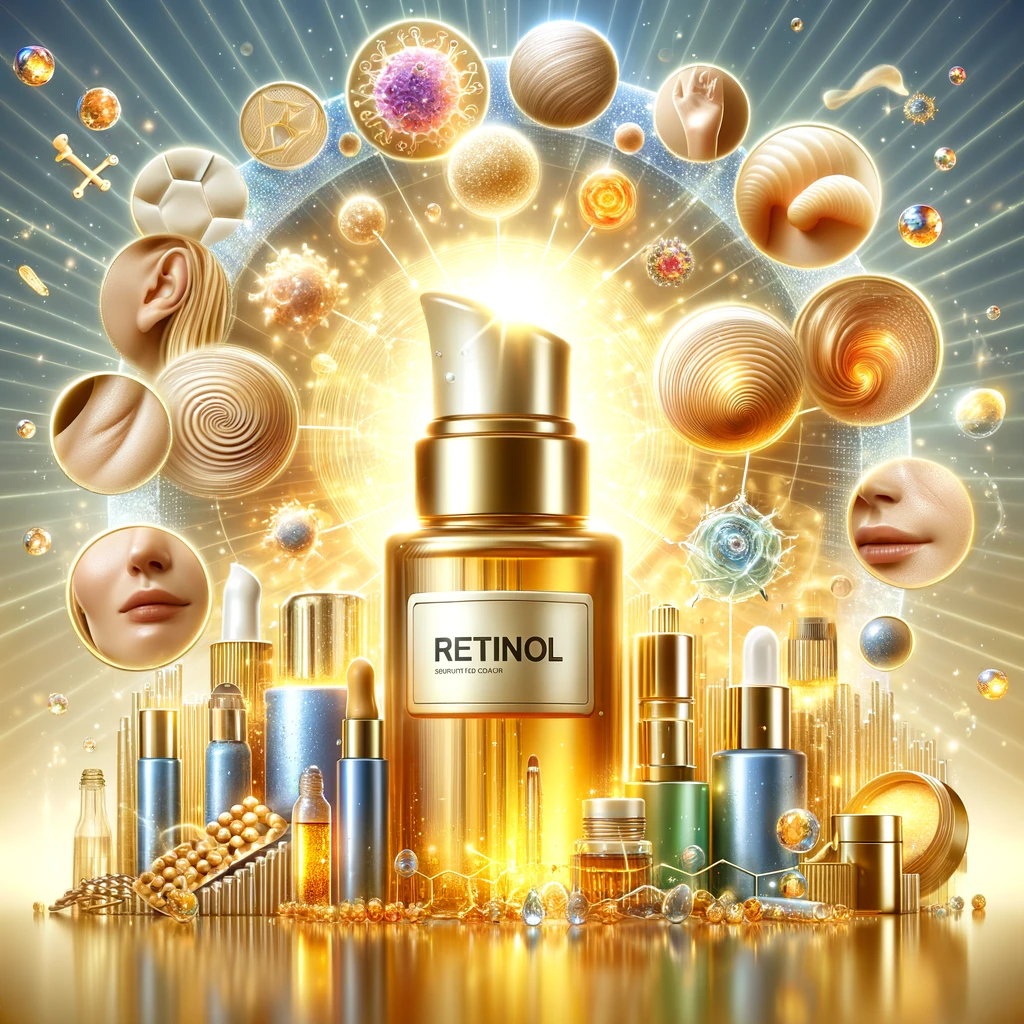Metabolic Rate
Definition Metabolic Rate is the rate at which our bodies burn calories to sustain life functions. Expanded Explanation Metabolic Rate refers to the amount of energy or calories the body burns to maintain vital functions, such as heart rate, breathing, and body temperature, while at rest. It varies among individuals due to several factors, including […]




